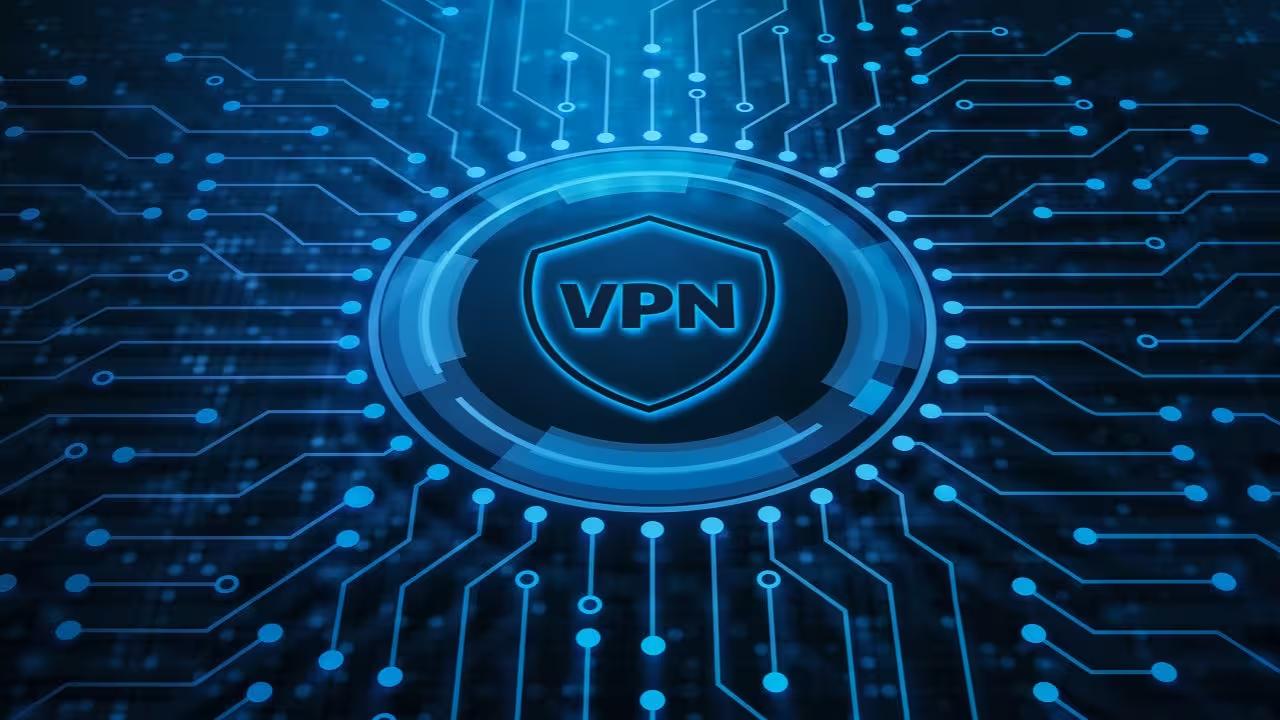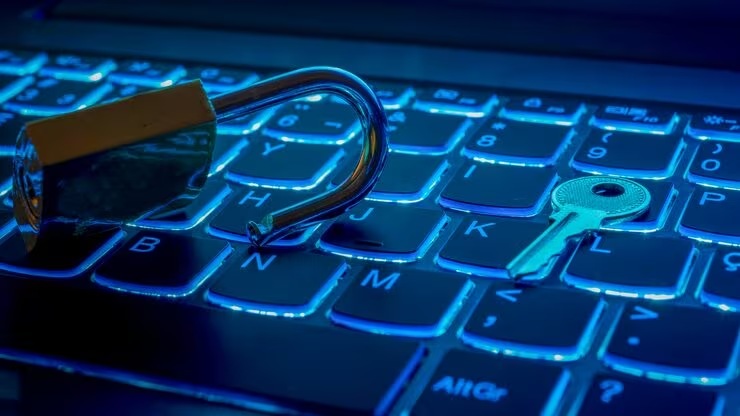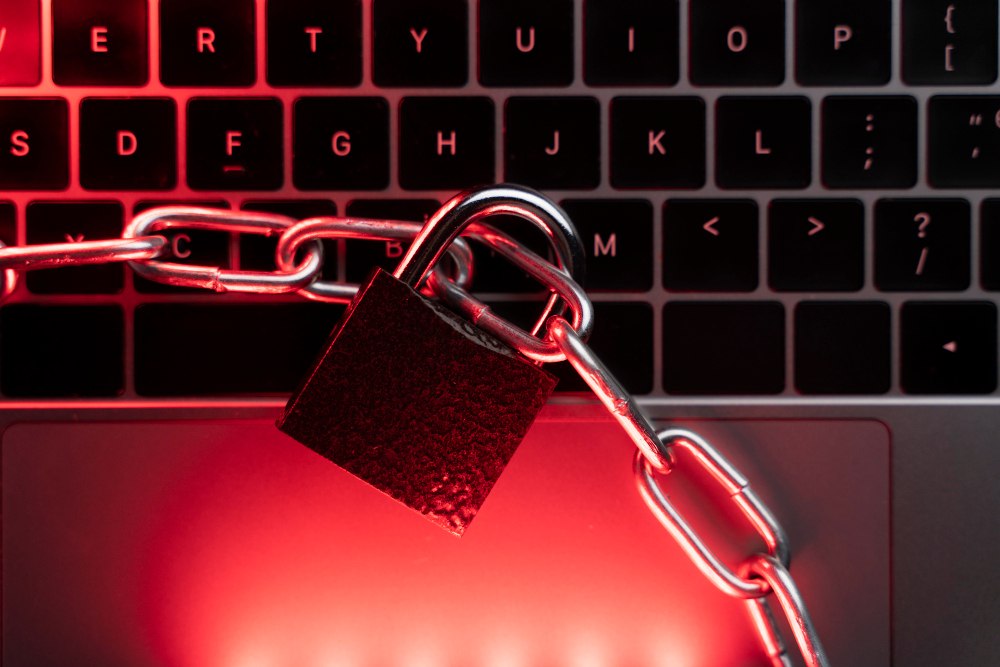What is VPN in plain English?
Explaining how VPNs work without tech jargon. Real examples of when you'll actually need one.
Tested 50+ services for speed, security, and streaming. I only recommend VPNs I actually use. Up to 85% off on best VPNs of 2025
View Full Rankings →
AES-256 encryption keeps your passwords and credit cards safe in cafes, airports, and hotels
Your ISP won't see which sites you visit. Protection from tracking and targeted ads
Bypass blocks and stream content from other countries. Netflix, YouTube Premium at Indian prices — it really works
Modern VPNs barely slow you down. I watch 4K videos through CyberGhost with no lag or buffering
I check every service against 15+ parameters. Measure real speeds, check for DNS leaks, test Netflix and YouTube unblocking. No marketing BS — just facts.
Check encryption strength, test for IP and DNS leaks
Measure download and upload on servers in Europe, US, and Asia
Count servers and check streaming access
Study logging policy and independent security audits

Explaining how VPNs work without tech jargon. Real examples of when you'll actually need one.

My 8-point checklist before purchasing any VPN. Avoid wasting money on bad services.

Tested dozens of free VPNs. Showing which ones steal data, sell it to advertisers, and are generally unsafe.
Think of it as a tunnel between your computer and the internet. All traffic goes through this encrypted tunnel — your ISP and websites can't see what you're doing. Your real IP address stays hidden.
Main reasons to use a VPN: stay safe on public Wi-Fi (cafes, airports), bypass website blocks, hide browsing history from your ISP, access content from other countries. I've been using VPNs daily for 5 years.
Quality VPN services are absolutely safe when choosing the right provider. It's important to choose services with proven reputation, no-logs policy, modern AES-256 encryption and servers in privacy-friendly jurisdictions.
What to look for when choosing: proven company with years of history, independent security audits, transparent privacy policy, modern encryption protocols (OpenVPN, WireGuard), servers in countries with strong data protection laws. Avoid free VPNs of questionable origin - they may sell your data or contain malware.
VPN inevitably affects internet speed as data takes an additional route through the VPN server and gets encrypted. Quality VPN services reduce speed by 10-20%, which is barely noticeable during normal use.
Factors affecting speed: server distance from your location, current server load, chosen connection protocol (WireGuard is usually faster than OpenVPN), device performance and internet connection quality. For maximum speed, choose nearby servers and modern protocols.
Free VPNs can be used for rare tasks, but they have critical drawbacks: speed and traffic limitations, few servers, weak encryption, collection and sale of user data, ads, unstable operation.
Many free VPNs have been compromised or contained malware. Studies show that 38% of free VPN apps contain malicious code, and 84% don't properly protect your IP address. For regular use, we recommend paid services with trial periods and money-back guarantees.
"Thanks for the honest reviews! Got AdGuard VPN with 85% off. Really fast, no lag."
"Finally found a site without fluff. Everything's to the point: speed, prices, pros and cons. Picked one in 10 minutes!"
"Been using HideMyName for 6 months based on your recommendation. Best VPN I've ever had. Thanks!"